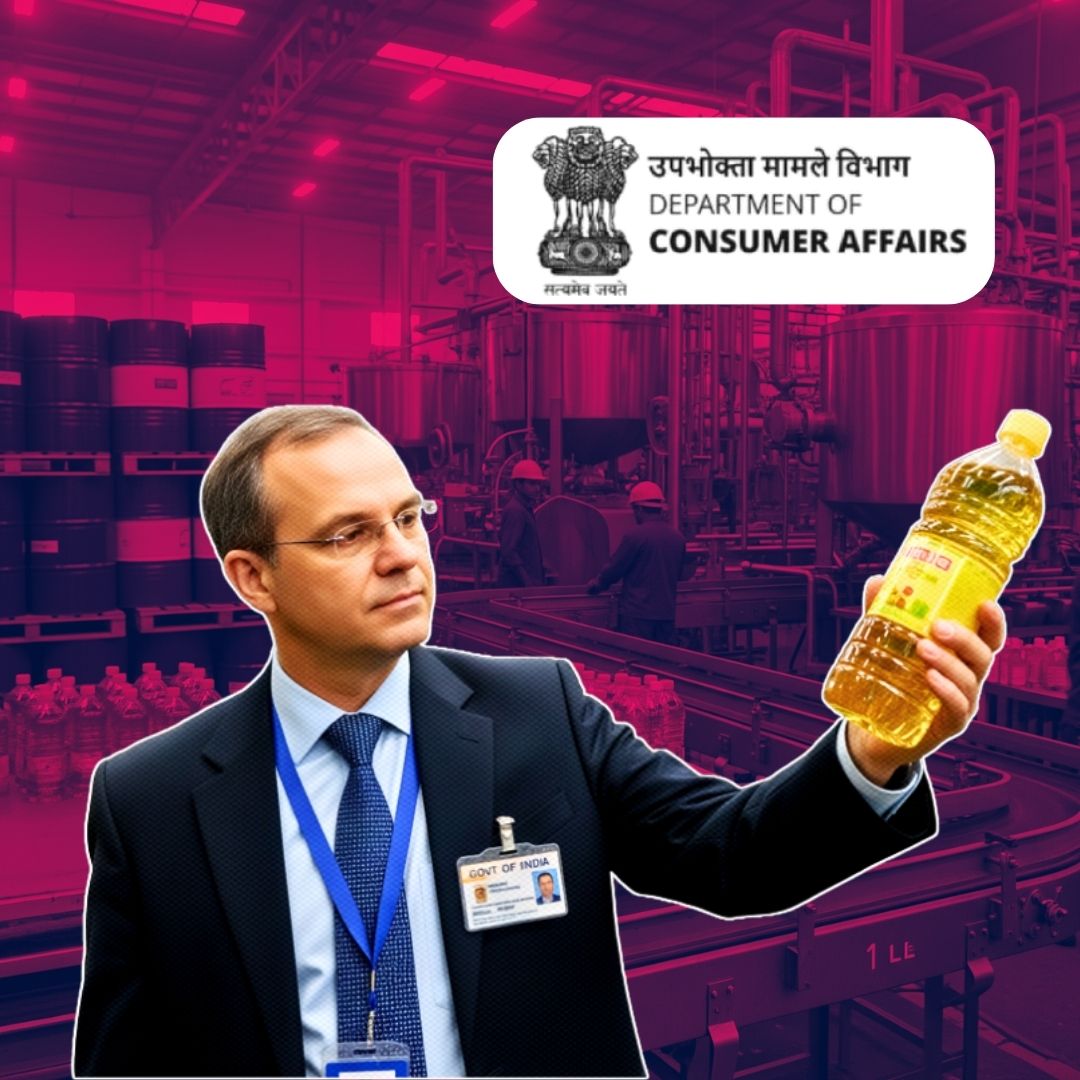On August 1, 2025, the Government of India officially implemented the Vegetable Oil Products, Production and Availability (VOPPA) Regulation Order, 2025, introducing stricter regulations aimed at enhancing transparency and monitoring within the edible oil industry. This comprehensive framework mandates all vegetable oil producers to register with the Directorate of Sugar and Vegetable Oils and submit detailed monthly reports on production, stock, and sales.
The updated order grants regulatory authorities widened powers to conduct surprise factory inspections and confiscate stocks when false or misleading information is detected. While industry bodies have generally supported the initiative as a measure to curb hoarding and price manipulation, concerns remain regarding compliance challenges, particularly among the numerous unorganised small-scale mills scattered across the country.
Strengthening Oversight to Stabilise Prices and Secure Supply
The edible oil market plays a vital role in the Indian food economy, with the country being the world’s largest importer of vegetable oils. Historically, data gaps and outdated regulatory frameworks hindered effective oversight of this sector, which saw price spikes and inconsistent availability, especially amidst recent global supply disruptions.
The 2025 VOPPA Regulation Order updates the earlier 2011 norms, requiring producers to disclose factory specifics such as location, installed capacity, and operational status. Monthly returns must now include precise figures on production volumes, opening and closing stocks, sales, and purchases, with submission deadlines fixed on the 15th of each month.
These measures aim to create a robust digital repository of data that allows authorities to track the supply chain in real-time, detect unusual stock accumulation, and swiftly address market irregularities. Consumer Affairs officials assure that enhanced monitoring will help protect consumers from price fluctuations and ensure sufficient availability across markets.
Contextualising Regulation Amid Import Dependency and Market Complexity
India’s edible oil sector hinges significantly on imports, with palm oil constituting close to 60% of total imports. Despite steady efforts to increase domestic production, global price volatility continues to directly impact consumer costs and inflation. The need for a modern regulatory response became pressing as reliance on industry associations for supply data proved inadequate in tackling emerging challenges, including black marketing and stock hoarding.
Food Secretary Sanjeev Chopra emphasised the importance of embracing digital technologies for direct data collection from producers, which will empower quicker, more transparent policymaking. However, the sector is characterised by a highly fragmented structure with thousands of small and unorganised mills and refiners, many of which lack the infrastructure to easily comply with reporting mandates. Industry leaders note the benefits of the new order but call for supportive mechanisms to ease compliance and ensure a level playing field across all scales of operation.
The Logical Indian’s Perspective
The notification of the 2025 vegetable oil regulation order marks a decisive step toward increasing transparency and consumer protection in a sector integral to daily life. Tighter controls and improved data collection should help curb profiteering and stabilise prices, outcomes crucial for both the economy and households.
Nevertheless, regulation without adequate support risks sidelining smaller players, potentially disrupting livelihoods in the unorganised segment.
The Logical Indian advocates a balanced implementation approach, coupling firm oversight with capacity-building initiatives for small mills. Strengthening collaboration among government agencies, industry bodies, and consumer groups will be key to realising the reform’s full potential.













